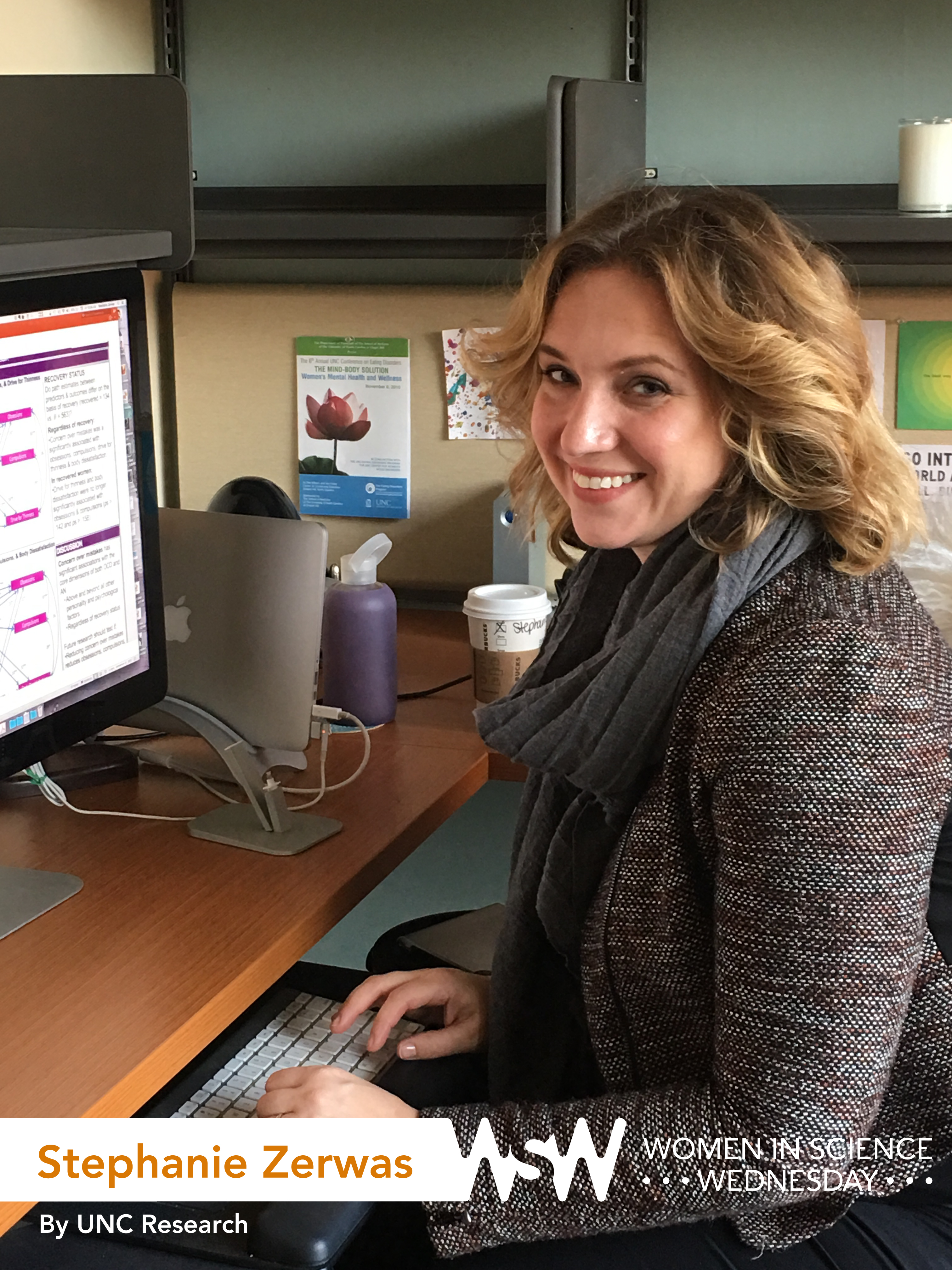When you were a little girl, what was your response to this question: “What do you want to be when you grow up?”
I always wanted to be a writer. I was one of those kids who always had her nose in a book. I loved that I could escape into the mind of someone else when I was reading, whether that was Pippi Longstocking or Meg from “A Wrinkle in Time.” It was a way to try out different thoughts, different perspectives, and different lives. I also wrote short stories all the time as a kid. I still wonder if I have a novel in me somewhere.
What made you want to be a scientist?
When I was 12, I read a book about a therapist who helped a young child. That was the first time I thought about being a psychologist. When I was an undergraduate at Yale, I took a class with Alan Kazdin and worked in the Yale Child Conduct Clinic. His lab was doing fascinating work on parenting. I realized that questionnaires were just a shortcut to get at the thoughts of characters in the novels I read. Working in his research lab felt familiar, like home.
Describe your research in five words.
“Why people have trouble eating.”
What’s the funniest thing that happened while you were doing research?
As an eating disorder researcher, I am fascinated by how our brain can be fooled about our body size. When I was a graduate student at the University of Pittsburgh, my mentor Celia Brownell started experiments on how toddlers perceive their body size and shape. Toddlers played with a car they could fit into. Then, they would leave the room and we would put a doll-size car in the same place. Amazingly, these little boys and girls would try to fit inside these small toy cars. One time, a little boy took off his shoe and sock to get inside the car because the sock clearly was the problem (not that his foot was about the same size as the car). I sometimes had to bite the inside of my cheek to keep from laughing. The little ones were so earnest and often so frustrated that they couldn’t climb inside the car. We can be easily convinced that we are much bigger or much smaller than we really are.
What advice would you give to up-and-coming female researchers in your field?
Loving a research career depends on learning how to tolerate — or even embrace — uncertainty. Look for strong mentors who support and challenge you. I’ve been fortunate to have amazing mentors like my graduate mentor Celia Brownell and UNC’s Cindy Bulik. Clearly, the initials CB are really lucky for me! But seriously, conversations with a mentor who shares your excitement for research and is willing to foster you through all of the stages of a career is the very best gift a researcher could ask for. But you have to give back, too.


